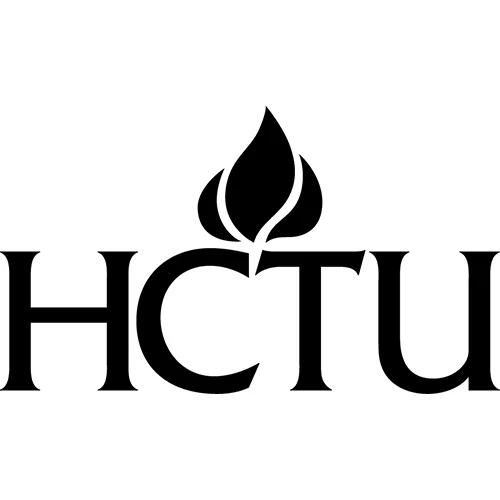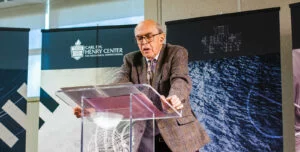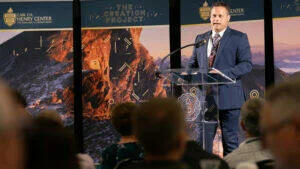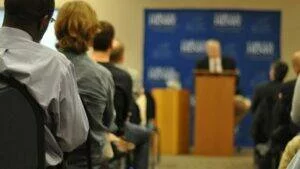Deerfield, IL –Trinity Evangelical Divinity School’s Carl F. H. Henry Center for Theological Understanding has been awarded a grant of $3.4 million from the Templeton Religion Trust for a multi-year study project that will examine and develop the Christian doctrine of creation within evangelical theology.
The initiative, titled “Evangelical Theology and the Doctrine of Creation,” will unfold over the course of three academic years, each covering a distinct theme and set of issues—including the interpretation of Genesis in light of modern science and especially the thorny issues surrounding theological anthropology—and develop across six distinct programs and initiatives and multiple levels of audience engagement.
“This generous grant,” said Henry Center Director Thomas H. McCall, “makes it possible for evangelical theological scholarship to explore crucial hermeneutical, exegetical, historical, “We proceed with deep confidence in the complete truthfulness of divine revelation as well as an unswerving commitment to the importance of intellectual humility in dialogue with other disciplines.”systematic, and pastoral elements of the doctrine of creation, especially as these relate to important developments in scientific inquiry.”
President David S. Dockery expressed his appreciation for the confidence of the Templeton Religion Trust. “The opportunity to explore these important issues is incredibly exciting to consider,” he said. TEDS Dean Graham A. Cole added that he is “excited and enthusiastic about the project, and what it may mean for Trinity and the wider evangelical community.” Dockery noted that this project will proceed “in a way that is faithful to Trinity’s identity and mission and in concert with outstanding scholars from around the globe.”
The grant will be administered by the project leaders (Henry Center Director and Professor of Systematic Theology Thomas H. McCall, Henry Center Assistant Director Geoffrey Fulkerson, and Professor of Old Testament Richard Averbeck) with assistance from Dockery, Cole, D.A. Carson, and other faculty members and administration. It will fund six initiatives, some academic, others pastoral. Through an annual resident scholarship program and summer conference, the project hopes to stimulate evangelical thought leadership in the doctrine of creation. Through public lectures, online presence, and a congregational partnership program, the project is also intended to advance this doctrine at a broader church level.
McCall hopes that the grant will “proceed with deep confidence in the complete truthfulness of divine revelation as well as an unswerving commitment to the importance of intellectual humility in dialogue with other disciplines.” He added, “We are hopeful that this project will bear much fruit.”
More details about the various projects will be available in coming months.







Comments
Be the first one to make a comment!